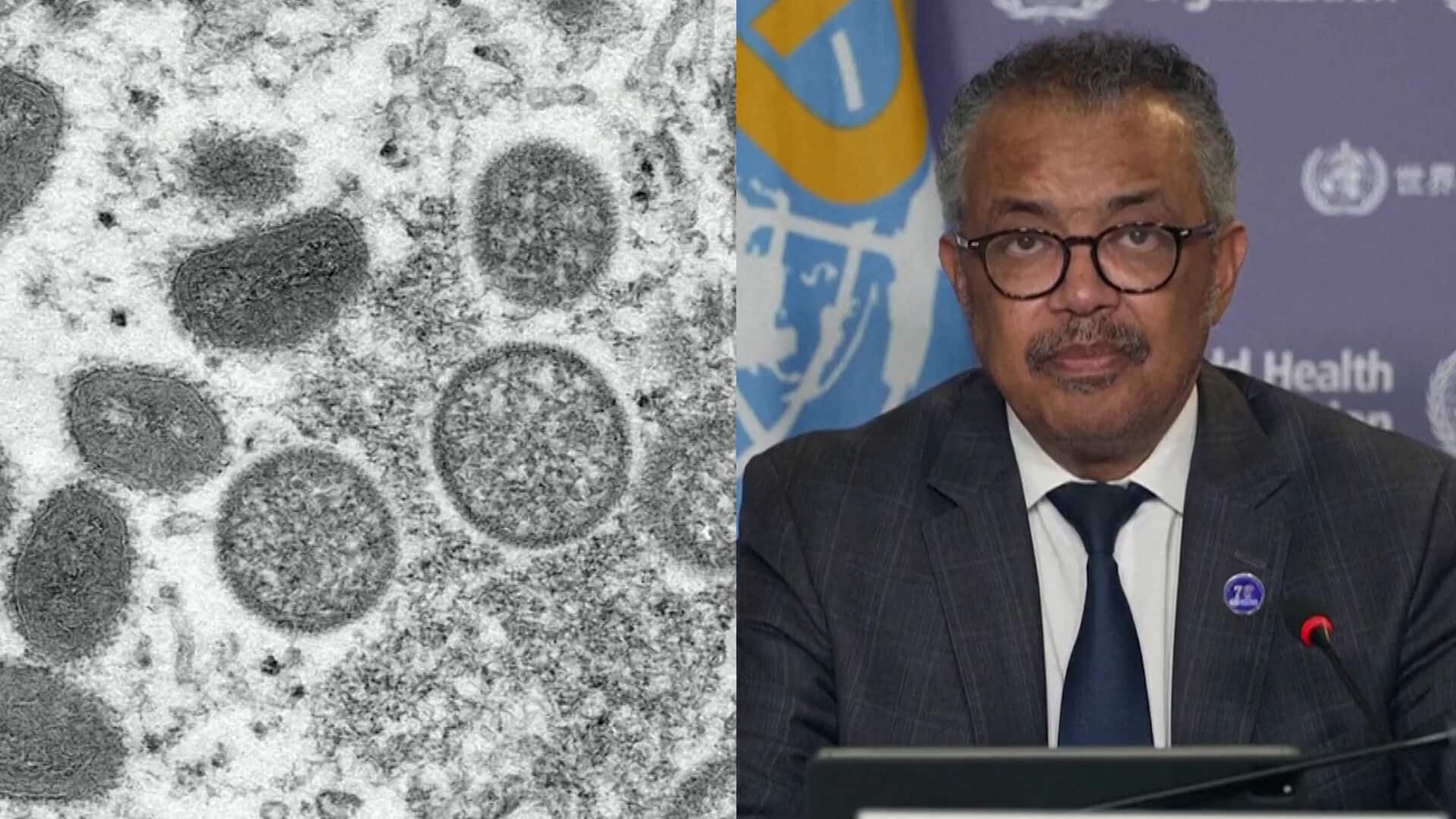
Explained: WHO declares mpox as global public health emergency
What's the story
The World Health Organization (WHO) has once again classified Monkeypox (Mpox) as a Public Health Emergency of International Concern (PHEIC).
The decision comes after an increase in cases and the virus' continued spread across regions.
The "high alert" status, first declared in August 2024, was renewed on November 23 after a meeting of the WHO Emergency Committee.
National concern
India on high alert over potential mpox spread
In India, fears are growing over the possible spread of Mpox.
Delhi Medical Council President Dr Arun Gupta emphasized the need for caution given global travel.
"Yes we should be worried. In this era of people moving fast across the globe chances of spreading infections across countries is very high," he said.
India's first suspected case was reported on September 8, 2024, involving a young male who had traveled from an affected country.
Disease outlook
Mpox's global spread and pandemic potential
Dr Anant Bhan, a public health researcher from Bhopal, advised close monitoring of cases linked to international arrivals.
He said that while Mpox caused a global outbreak in 2022, its potential to escalate into a pandemic currently seems low.
Experts have compared Mpox to COVID-19 in terms of fatality and transmission.
Although less fatal than COVID-19, Mpox has significant potential for global spread due to its zoonotic nature.
Health advisory
Mpox symptoms and prevention measures
As per health bulletins from India's National Centre for Disease Control (NCDC), Monkeypox is a viral zoonotic disease with smallpox-like symptoms but clinically less severe.
Symptoms usually appear within 14 days and include fever, headache, fatigue, and lymph node enlargement.
Severe symptoms include skin lesions that look like chickenpox but are different as they appear on palms and soles.
Preventive measures include avoiding skin-to-skin contact with infected persons.